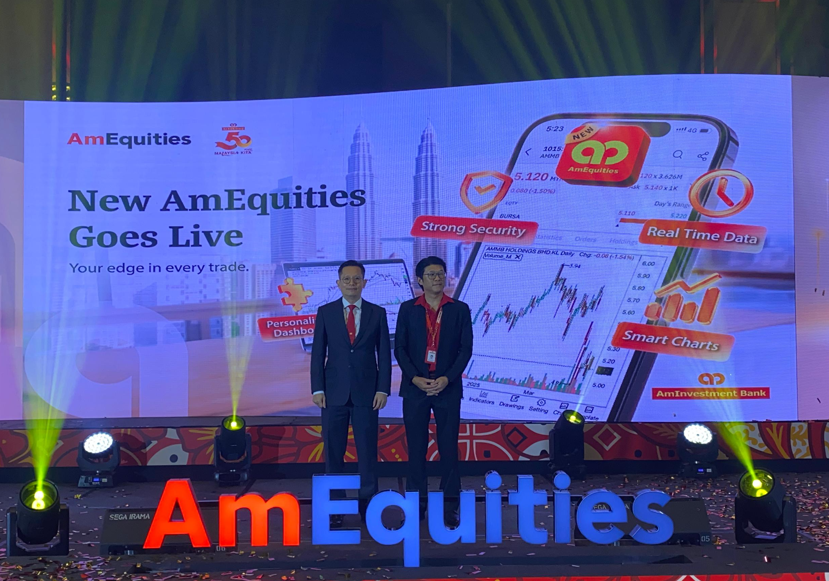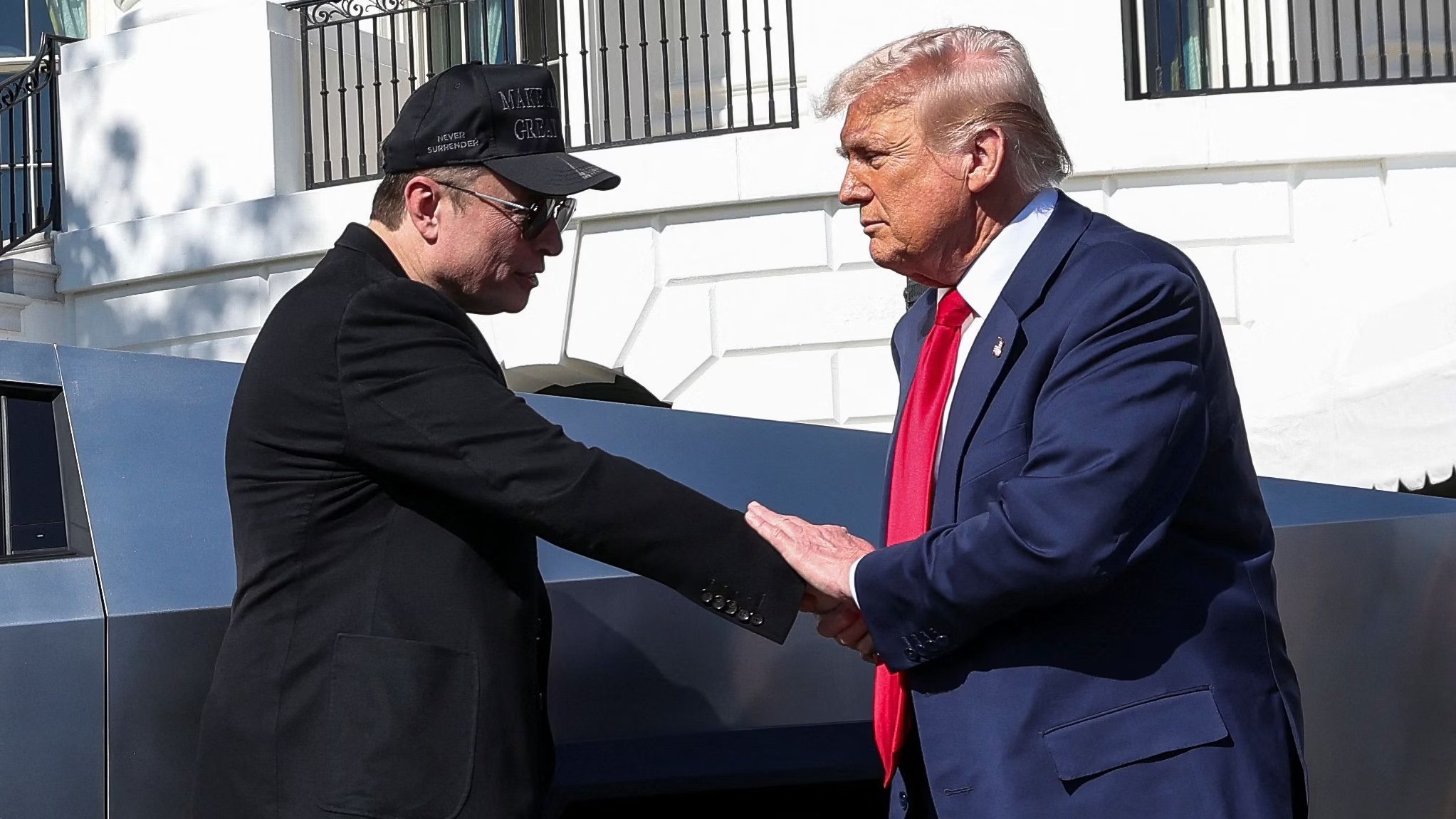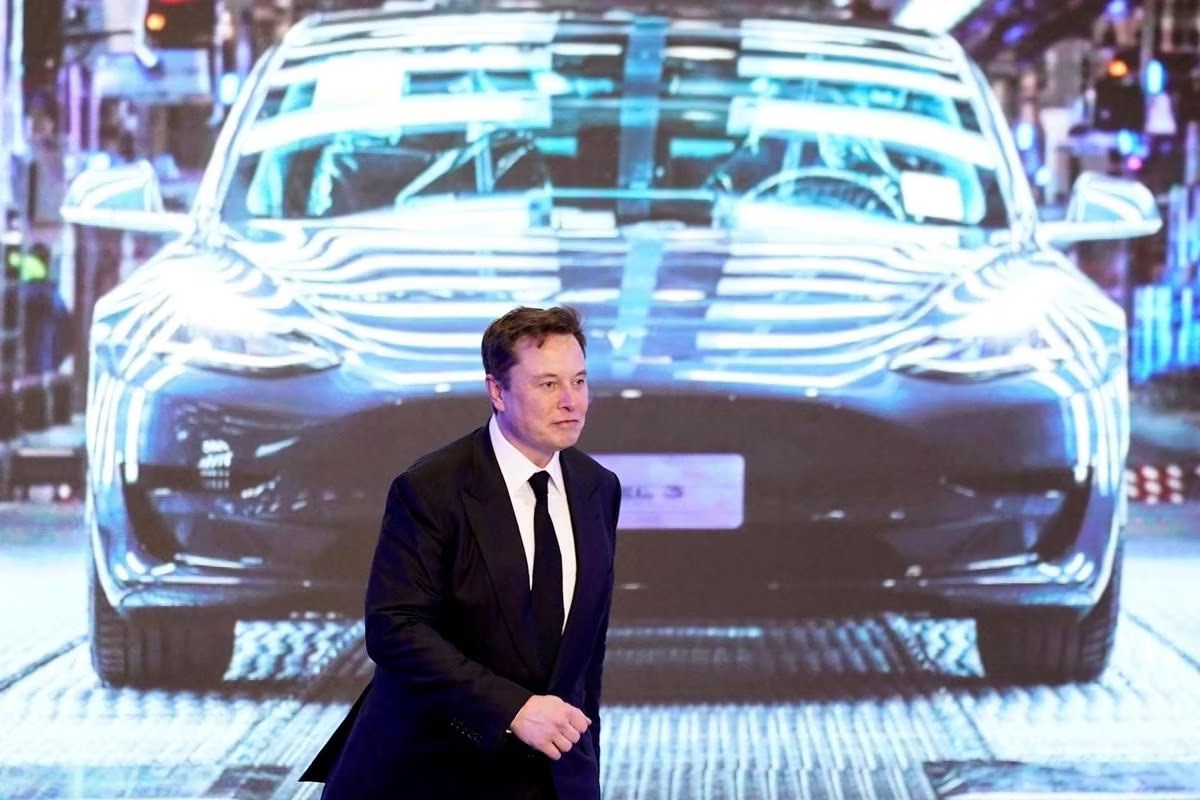Coinbase CEO Brian Armstrong has publicly voiced his support for the recently established United States Department of Government Efficiency (DOGE), a federal agency aimed at reducing wasteful government spending and cutting unnecessary regulations. The department, which will be led by Tesla CEO Elon Musk and entrepreneur Vivek Ramaswamy, has been hailed by Armstrong as a potential game-changer for the country’s economic landscape. Armstrong believes that the creation of DOGE presents a valuable opportunity to increase economic freedom by restoring efficiency within the government.
On August 20, U.S. President-elect Donald Trump first floated the idea of including Musk in his administration, either in a cabinet position or in an advisory role, starting in January 2025. At the time, Trump did not specify which department Musk would lead. However, on November 13, Trump officially announced that Musk and Ramaswamy would head DOGE, a new agency aimed at improving federal government operations by eliminating waste, slashing regulations, and restructuring government agencies to become more effective and efficient.
Armstrong’s Vision for Economic Freedom
On November 17, Armstrong took to X (formerly Twitter) to endorse the new department, describing DOGE as an opportunity to “increase economic freedom” and restore much-needed efficiency in the U.S. government. He emphasized the importance of reducing government spending and proposed a constitutional amendment to limit total government expenditure, suggesting that a cap of 10% of the nation’s gross domestic product (GDP) would be an effective solution. Armstrong also argued that such reforms would help the country manage its finances more effectively in the long term, preventing unchecked growth in government spending, which he sees as a result of political incentives that encourage promising free services to win elections.
In his remarks, Armstrong pointed out the potential flaws in the founding fathers’ design of the government, suggesting that they may not have anticipated the adverse incentives that would arise over time as politicians seek to win elections by promising more government benefits. Armstrong’s proposal for a constitutional amendment aims to limit government expenditure, which he believes would prevent future generations from dealing with an out-of-control government budget.
As part of his vision for a more efficient and sustainable government, Armstrong also floated the idea of a sovereign wealth fund for the U.S. He suggested that such a fund could be established where every citizen would have a share. The idea is that budget surpluses could be used to provide dividends to the shareholders, giving every citizen “skin in the game.” Armstrong even proposed that Congress could receive a slightly larger stake in this fund, ensuring that lawmakers would have a vested interest in managing the nation’s finances responsibly.
This concept aims to create a more direct link between the U.S. government’s fiscal health and the personal wealth of its citizens, promoting accountability and fiscal responsibility. While the idea is still theoretical, it reflects Armstrong’s broader vision of creating a more participatory and efficient government system, where the success of the nation’s economy benefits all citizens equally.
Dogecoin and DOGE: No Connection, But a Memecoin Surge
Despite the new department’s acronym matching that of Dogecoin (DOGE), the two are not related in any way. However, the announcement of the department’s creation caused a notable spike in Dogecoin’s price. On the day following Musk’s post about the new government agency, DOGE reached a yearly high of $0.39 before experiencing a slight correction. The surge in Dogecoin’s price reflects the close association between Musk and the memecoin, a connection that has sparked both enthusiasm and skepticism among investors.
Musk has previously faced allegations of manipulating the price of Dogecoin for his own benefit, particularly during the 2021 bull run. However, he successfully defended himself in a 2022 lawsuit regarding these claims, maintaining that his tweets and public statements were not intended to manipulate the market. Despite these legal battles, Musk’s association with Dogecoin remains strong, and his endorsement of DOGE has led to increased interest in the cryptocurrency among traders and speculators.
| Event | Date | Description |
|---|---|---|
| Announcement of DOGE Department | Nov. 13, 2024 | Elon Musk and Vivek Ramaswamy appointed to lead the new agency |
| Armstrong’s Proposal for Economic Freedom | Nov. 17, 2024 | Proposed constitutional amendment to cap government spending at 10% of GDP |
| Dogecoin Price Surge Following DOGE News | Nov. 14, 2024 | DOGE hits yearly high of $0.39 |
| Armstrong’s Sovereign Wealth Fund Proposal | Nov. 17, 2024 | Idea for U.S. sovereign wealth fund to distribute dividends to citizens |
Is Economic Freedom Truly Possible with DOGE?
While the idea of streamlining government operations and reducing waste is commendable, there are legitimate questions about whether the proposed DOGE department can truly deliver on its promises. Armstrong’s vision of a more efficient government through constitutional amendments and a sovereign wealth fund might sound appealing, but such sweeping reforms could face significant political and logistical challenges. The implementation of a 10% cap on government spending would require consensus across all branches of government, and the creation of a sovereign wealth fund is an ambitious proposal that would require detailed planning and support from the public and lawmakers alike.
Moreover, while Armstrong’s endorsement of DOGE as an agent for increasing economic freedom is interesting, it remains to be seen whether the new department can truly bring about the level of change necessary to address the deep-rooted inefficiencies in U.S. government spending. The idea of linking citizens’ wealth to the performance of the government’s fiscal health is intriguing, but the complexities of such a system could make it difficult to implement. Ultimately, the success of DOGE and its ability to drive meaningful reform will depend on the commitment of both policymakers and the public to embrace a new vision for government efficiency and fiscal responsibility.










